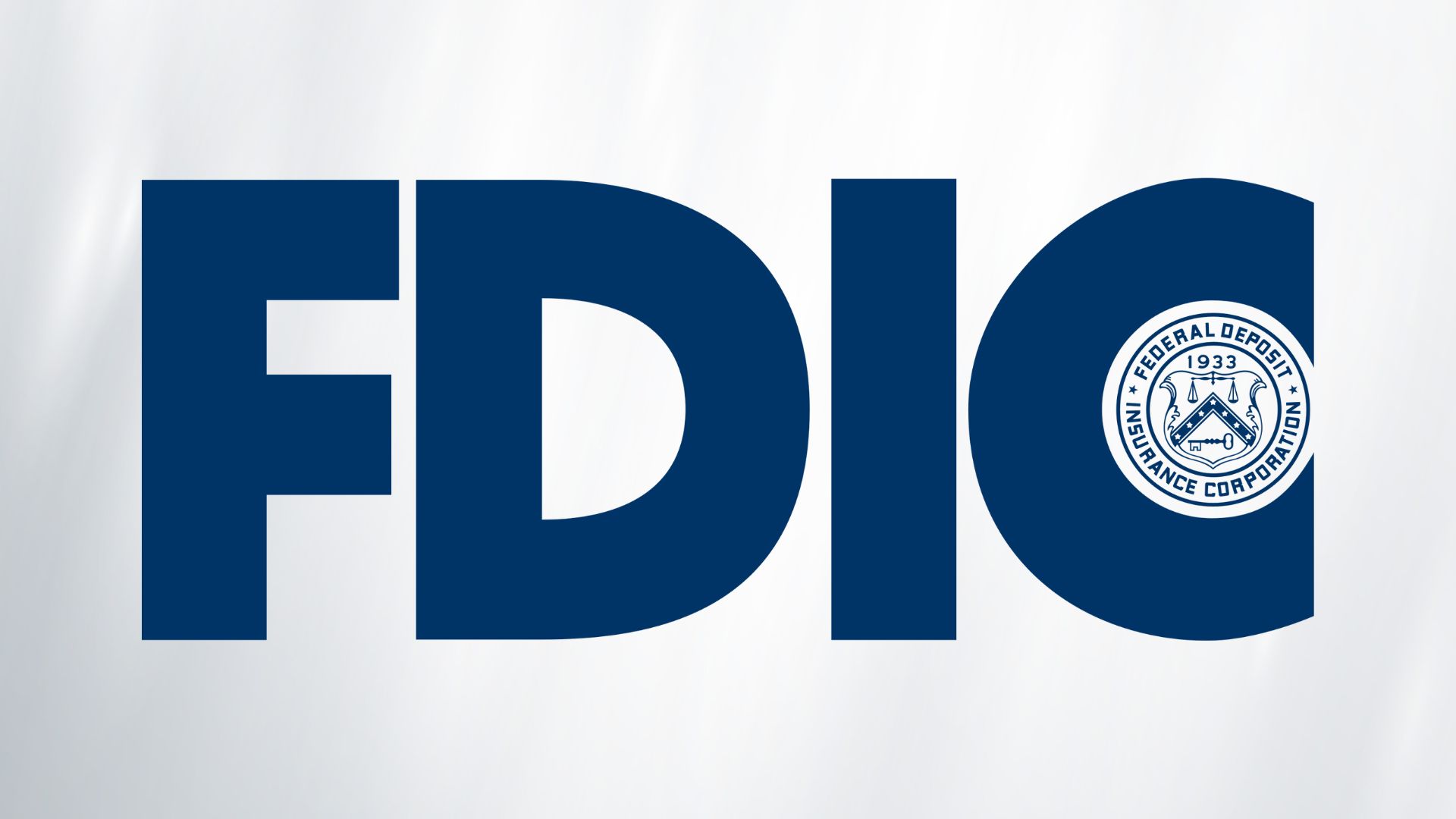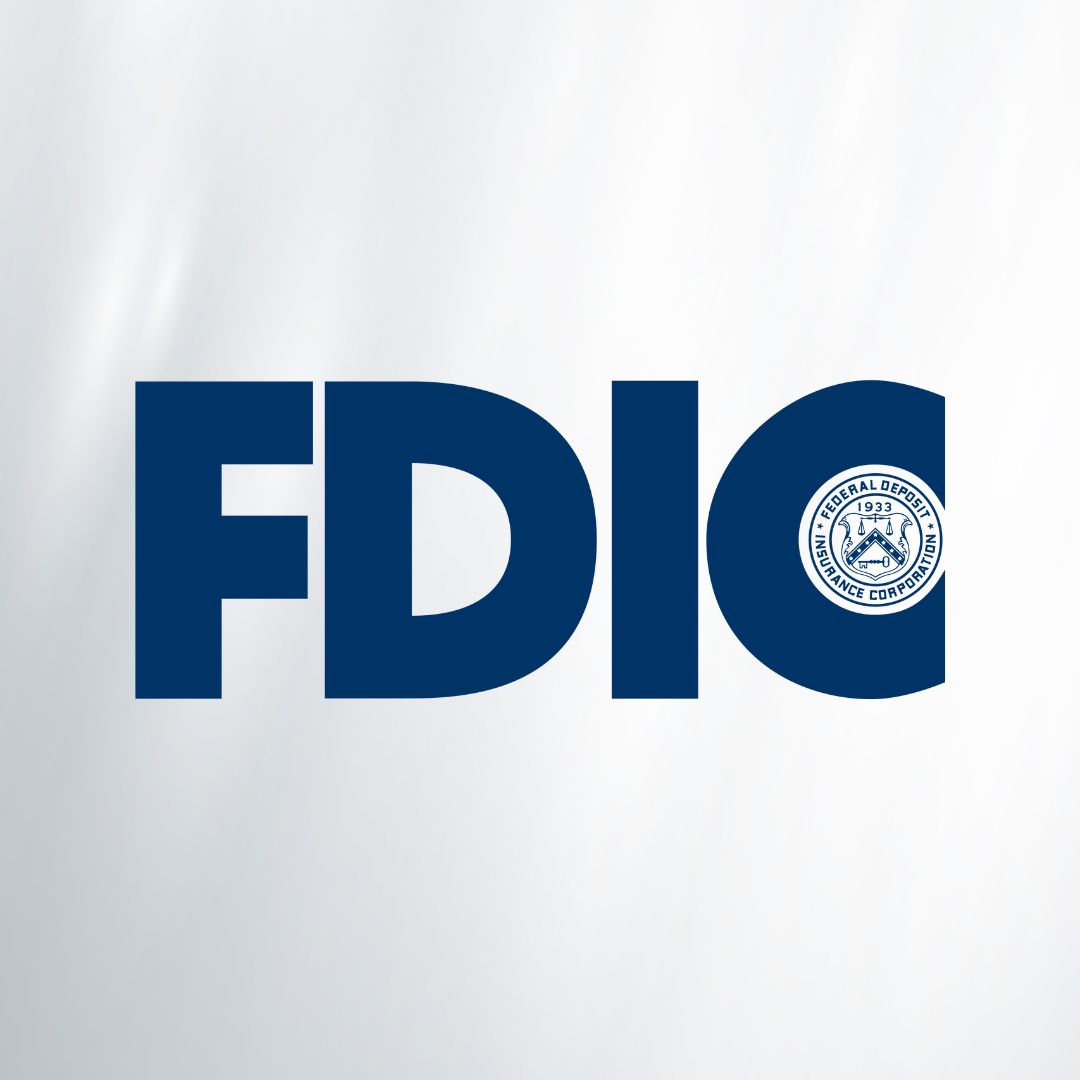
The Federal Deposit Insurance Corporation (FDIC) has unveiled a cache of documents that shed light on its supervision of U.S. banks involved in, or considering, cryptocurrency services. The release provides an inside look at the regulator’s priorities over recent years, particularly in relation to the rapidly evolving digital asset sector.
The documents include correspondence sent to more than 24 financial institutions—whose names were redacted—prompting them to comply with a 2022 directive. This notice had required banks engaged in crypto-related activities, or contemplating such ventures, to notify the FDIC and submit detailed information to help assess the safety and soundness of their operations.
In one instance, the FDIC sent a letter to an institution that had not provided adequate information to support its crypto plans. The letter outlined follow-up questions addressing areas such as governance, accounting practices, risk management, and consumer protection. In another case, the regulator directed an institution to suspend the onboarding of new customers for a retail service, operated by a third-party vendor, that enabled consumers to trade and hold Bitcoin. The examination revealed insufficient oversight of the third-party partner and improper use of the FDIC logo in promotional materials.
Acting FDIC Chairman Travis Hill indicated that the agency is reassessing its supervisory approach to the crypto industry. In a statement released alongside the documents, Hill noted plans to replace the 2022 notice with a new framework that will create a more defined pathway for financial institutions to engage with the digital-asset sector.
The document release coincides with a series of congressional hearings this week, which are set to address allegations of “debanking” within the crypto industry—a topic that has attracted both significant media attention and political debate. The hearings come at a time when the regulatory tone surrounding digital assets in Washington is shifting, following policy moves initiated during the previous administration.
During his campaign, former President Donald Trump promised to establish the United States as the “crypto capital of the planet” and to reverse the regulatory clampdown that ensued after the collapse of the FTX exchange in 2022. Subsequent actions included signing an executive order to form a working group on digital asset markets, while White House crypto czar David Sacks recently indicated plans to explore the possibility of a national Bitcoin reserve.
Senator Cynthia Lummis, a Republican from Wyoming and a noted crypto advocate, praised the move towards increased transparency. “The days of an administration that operates in the dark are over,” she said, adding that she looks forward to collaborating with Acting Chairman Hill to refocus the FDIC on its mission of serving American businesses rather than protecting unelected bureaucrats.
However, not all reactions have been positive. Dennis Kelleher, head of the Better Markets advocacy group, criticized the document release, arguing that it reflects an industry push to pressure regulators into overlooking crypto-related risks. “The FDIC, however, does not exist to promote industry profits above depositor protection,” he stated, emphasizing the need for robust safeguards to protect Americans’ savings and deposit accounts.
The FDIC did not offer additional comments on the document release. As debates over digital asset regulation intensify, industry stakeholders and lawmakers continue to weigh the balance between fostering innovation and ensuring financial stability and consumer protection.




